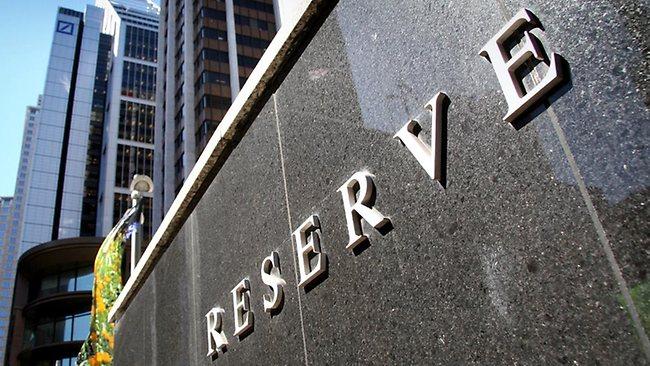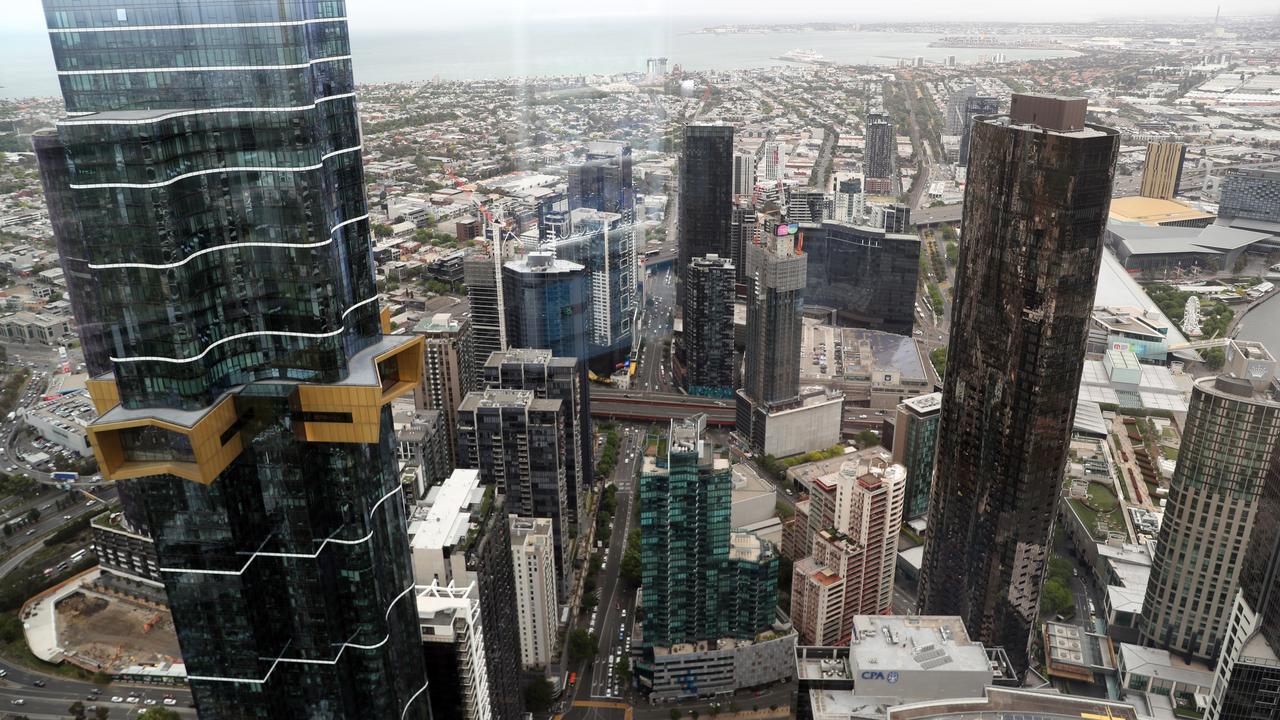Global wobbles shorten odds of 50-point rate cut
THE Reserve Bank is under pressure to cut rates again in response to a rapidly worsening international economic outlook.

THE Reserve Bank is under pressure to cut rates again - possibly with a second 50-basis-point reduction in two months - in response to a rapidly worsening international economic outlook.
Wall Street suffered its biggest fall in six months on Friday as new figures revealed jobs growth had collapsed in the US as key emerging economies from China to India and Brazil were also slowing rapidly.
"The RBA needs to be bold to get ahead of the worsening outlook in order to bolster the economy," AMP chief economist Shane Oliver said yesterday.
The Reserve Bank stunned financial markets last month by cutting its cash rate from 4.25 per cent to 3.75 per cent.
Most economists expect the Reserve Bank to reduce rates by 25 basis points when its board meets tomorrow. But in the past week, financial markets have reduced the odds of another 50-basis-point cut - to the lowest level since late 2009 - from one in five to 50 per cent.
The news on Friday night that the US recovery had stalled will encourage markets to bet on a big rate cut. There were only 69,000 new jobs created across the US last month - half the level of two months ago and a quarter of the rate at which jobs were being created earlier this year.
The Australian sharemarket is expected to open sharply lower this morning after Wall Street fell 2.6 per cent in its biggest slump since November.
Having already racked up losses of more than $100 billion last month, the benchmark S&P/ASX200 index is expected to teeter perilously close to the 4000-point mark - a level last breached in November. The futures market was last night pointing to a 58-point or 1.4 per cent drop to 4012 points.
Markets were also rattled by Brazil's growth slowing to only 0.7 per cent for the past year, while India's growth, reported on Thursday, has almost halved over the past year to 5.3 per cent.
Investment bank JPMorgan said on Friday it expected world growth to reach little more than 2 per cent this year. This is well below the International Monetary Fund's forecast in April of 3.5 per cent, which was used by both Treasury in the May budget and in the Reserve Bank's latest review of the economy.
The weak data from all major economies in the past four weeks, including China and Germany, adds to doubts about whether the government will get its budget back to surplus over 2012-13.
Wayne Swan said yesterday that while the US jobs figures were concerning, he retained faith in Australia's economy.
"It remains the case that, as set out in the budget, there are considerable risks in parts of the global economy, particularly in Europe," the Treasurer said. "However, our own economic fundamentals remain among the strongest in the world."
He said the government had a proven track record of dealing with global instability.
Although Australia's mining investment has been holding up, the weakening in the non-mining economy parallels the world developments of the past month, showing falling investment, retail sales, house prices and building approvals.
"The economic data over last week has been overwhelmingly poor and far worse than anything the Reserve Bank was assuming so it is now way behind the curve," Dr Oliver said.
He noted that the gap between the Reserve Bank's cash rate of 3.75 per cent and the 10-year government bond yield had opened from almost nothing four weeks ago to nearly a full percentage point, following the fall in bond rates to an all-time low of 2.83 per cent last Friday.
Dr Oliver said that in a growing economy, the long-term bond rate should be higher than the cash rate rather than the current reversed position. "Historically that is a warning sign of weaker growth ahead."
ANZ head of Australian economics Ivan Colhoun said the weak figures out of the US meant the Reserve Bank was more likely to cut rates by 50 basis points than to leave rates unchanged.
However, he said the bank was not yet facing a crisis that demanded emergency action and was likely to keep the rate cut to 25 basis points.
Commonwealth Bank chief economist Michael Blythe said the Reserve Bank would be keeping rates steady were it not for the deteriorating global outlook.


